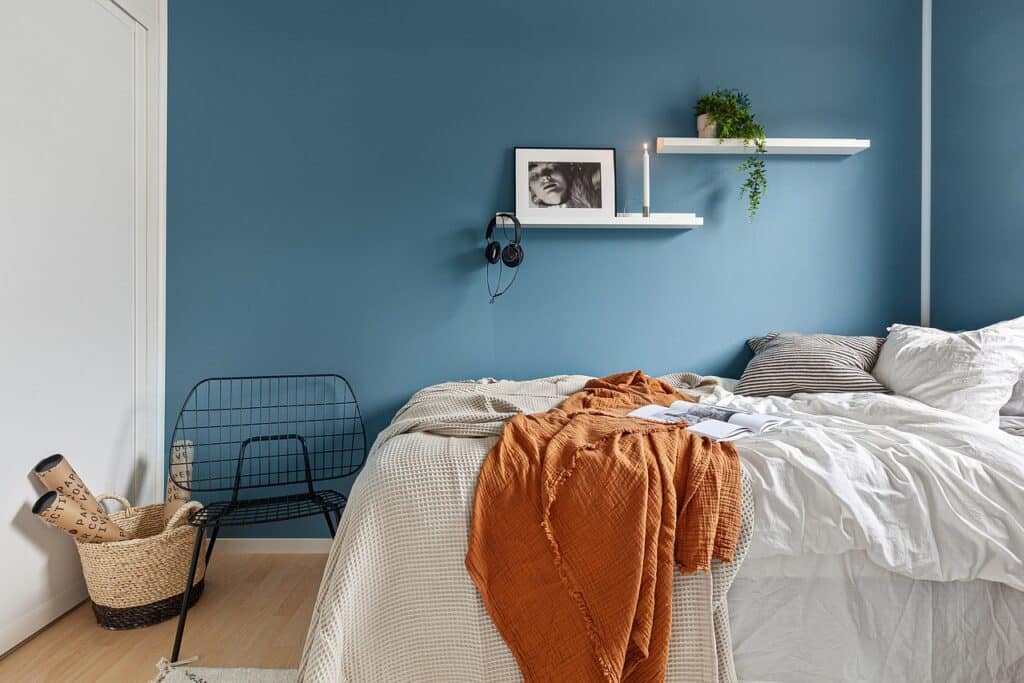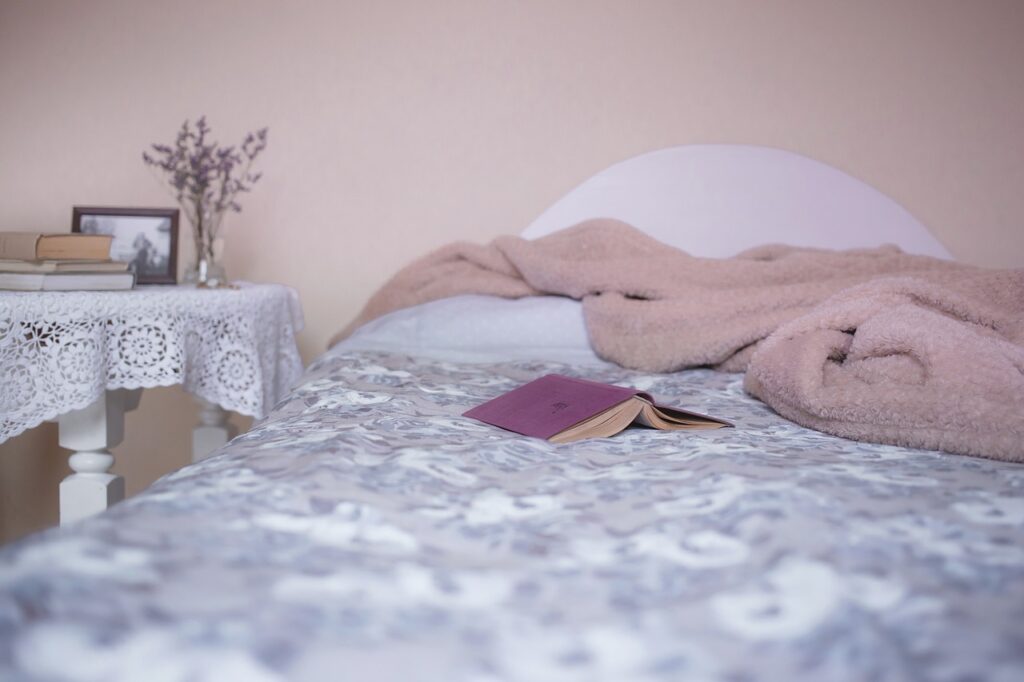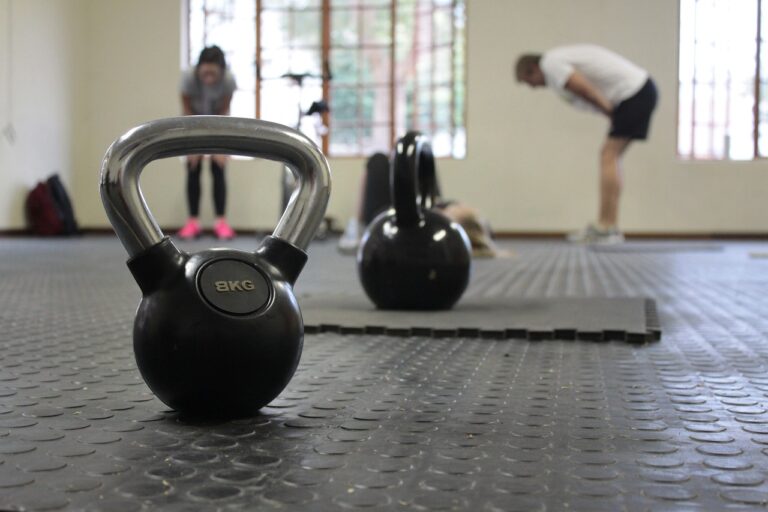
How do we improve our sleep quality? When face with the choice, sleep is often the first thing we sacrifice. Yet, quality sleep is as essential to our well-being as food and water. The demands of modern life—constant stress, endless to-do lists, and the lure of digital devices—make it increasingly difficult to achieve the rest our bodies and minds need. The consequences of poor sleep go beyond feeling groggy the next day. Chronic sleep deprivation can lead to serious health issues, including weakened immunity, weight gain, and increased risk of chronic diseases like diabetes and heart disease.
For many, sleep has become a battleground, with restless nights turning into frustrating days. But improving your sleep quality doesn’t have to be an insurmountable challenge. Small, intentional changes in your daily routine and environment can pave the way for better rest. Whether you’re struggling with insomnia, frequently waking up during the night, or simply not feeling refreshed in the morning, these tips can help. From creating a sleep-friendly environment to managing stress and making smarter lifestyle choices, this guide offers practical, science-backed strategies to help you reclaim the restful sleep you deserve. After all, better sleep is within reach, and it starts with a commitment to making it a priority.
Improve Sleep Quality
1. Establish a Consistent Sleep Schedule

Consistency is key to improving sleep quality. Going to bed and waking up at the same time every day, even on weekends, trains your body to recognize when it’s time to wind down. Over time, your internal clock will adjust, making it easier to fall asleep and wake up naturally.
2. Create a Restful Environment

Your bedroom should be a sanctuary for sleep. Keep it cool, dark, and quiet. Invest in blackout curtains, a white noise machine, or earplugs to block out distractions. Clutter and chaos can disrupt your mental state, so make your bedroom a calming space that encourages relaxation.
3. Watch What You Eat and Drink

Your diet can significantly impact your sleep quality. Avoid large meals, caffeine, and alcohol close to bedtime. While alcohol might help you fall asleep initially, it can interfere with your sleep cycle later in the night. Instead, opt for a light snack if you’re hungry before bed—something like a banana or a small bowl of oatmeal.
4. Limit Naps During the Day

While napping can be a great way to recharge, long or irregular naps can negatively affect your nighttime sleep. If you need to nap, try to keep it short (20-30 minutes) and early in the afternoon. This will help ensure that you’re tired enough to sleep well at night.
5. Incorporate Physical Activity

Regular exercise is one of the most effective ways to improve sleep quality. Physical activity can help you fall asleep faster and enjoy deeper sleep. However, avoid vigorous workouts close to bedtime, as they can have the opposite effect by increasing your energy levels.
6. Manage Stress and Anxiety

Stress and anxiety are two of the biggest culprits behind poor sleep. Techniques such as meditation, deep breathing exercises, or gentle yoga before bed can help calm your mind. Writing down your thoughts or worries in a journal can also help you clear your mind before sleep.
7. Be Mindful of Your Light Exposure

Exposure to natural light during the day helps regulate your sleep-wake cycle. Try to spend time outside during daylight hours, and let as much natural light into your home as possible. In the evening, minimize exposure to screens and bright lights, which can interfere with melatonin production, a hormone that regulates sleep.
8. Consider a Sleep Ritual

A bedtime routine can signal to your body that it’s time to wind down. Whether it’s reading a book, taking a warm bath, or practicing relaxation techniques, find something that works for you and stick to it. Consistency is crucial to making this ritual effective.
9. Invest in a Quality Mattress and Pillows

The right mattress and pillows can make a world of difference in your sleep quality. If your mattress is over eight years old or causing discomfort, it might be time to invest in a new one. Your pillows should support your head and neck, keeping them in alignment with your spine.
10. Limit Electronic Devices Before Bed

The blue light emitted by phones, tablets, and computers can interfere with your sleep by tricking your brain into thinking it’s still daytime. Try to turn off electronic devices at least an hour before bed. If you must use them, consider blue light-blocking glasses or screen filters.
11. Seek Professional Help If Needed

If you’ve tried everything and still struggle with sleep, it may be time to consult a healthcare professional. Sleep disorders like insomnia or sleep apnea require specialized treatment. Don’t hesitate to seek help if your sleep issues persist.
Improving sleep quality is not just about addressing a single factor; it’s about creating a holistic approach that considers your environment, habits, and overall well-being. The journey to improving sleep quality may require patience and persistence, but the benefits are well worth the effort. Quality sleep enhances every aspect of your life, from your mood and productivity to your physical health and emotional resilience.
As you begin to implement these tips, remember that consistency is key. Small changes, like maintaining a regular sleep schedule or reducing screen time before bed, can gradually add up to significant improvements. It’s also important to listen to your body and adjust your approach as needed. What works for one person might not work for another, so be open to experimenting with different strategies until you find what best suits your needs.
If your sleep issues persist despite your best efforts, don’t hesitate to seek professional help. Sleep disorders are common and often treatable with the right guidance. By taking proactive steps to prioritize your sleep, you’re investing in a healthier, happier future. Better sleep isn’t just a dream—it’s a goal that you can achieve with dedication and the right tools.
Do you have any tips to improve sleep quality? Let us know in comment section below.
Check out our article on the Benefits of Meditation.








